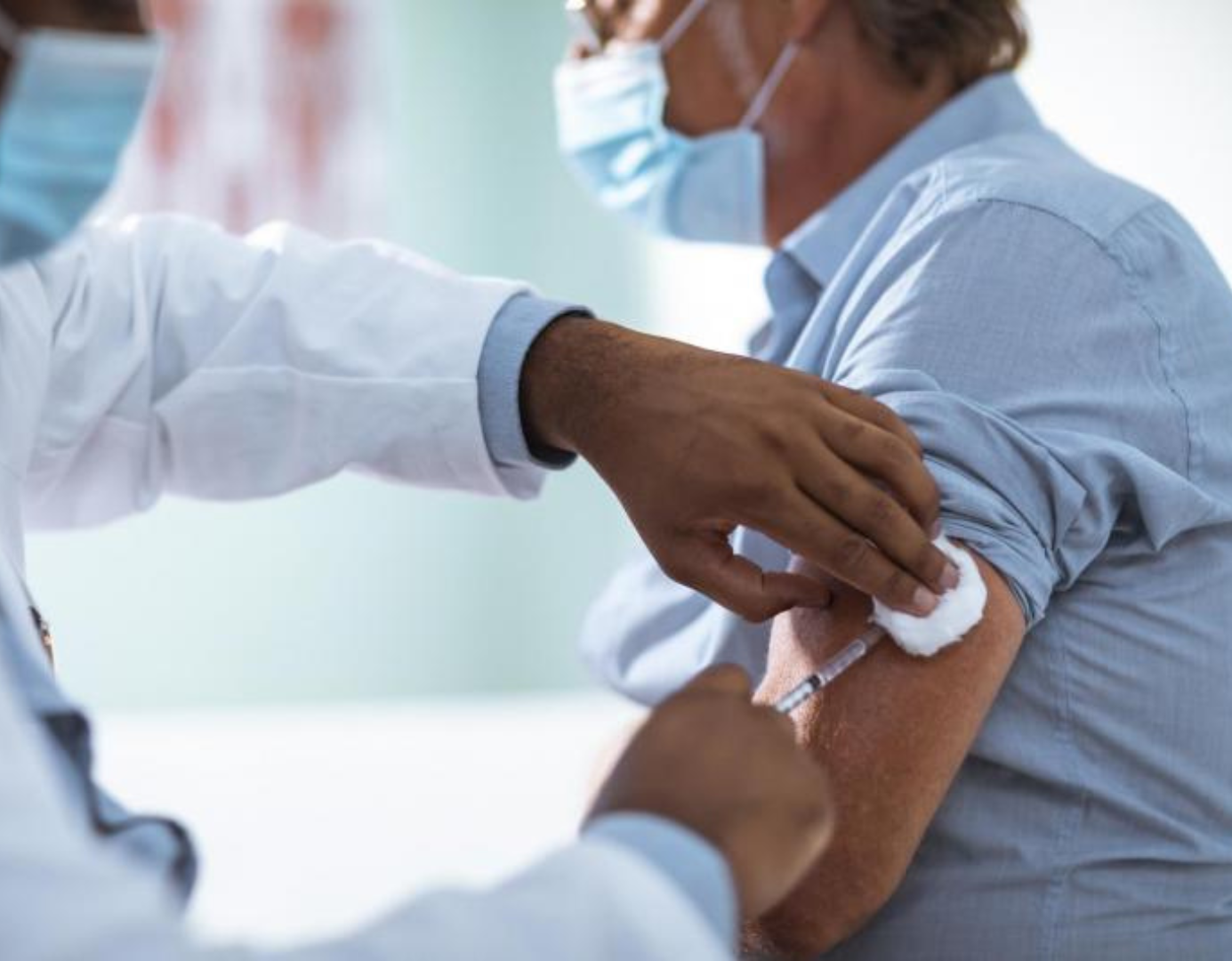Don’t forget to book your vaccines this winter
Published on: 20 September 2024Vaccines can help keep you safe from infectious diseases.

With autumn now upon us and winter approaching, the days are getting shorter, temperatures are dropping, and it is even more important to stay vaccinated.
Vaccines remain one of the best ways to keep yourself safe from infectious diseases. They work by teaching your immune system how to make the antibodies needed to fight the infection. This means that it is better at fighting it, if it comes across it in the future.
Flu and COVID-19
If you are at higher risk of getting seriously ill from the flu or COVID-19, you will soon receive an invitation to book in for both vaccinations. This includes those aged 65 or over, and anyone with a weakened immune system due to lymphoma, treatments such as chemotherapy, radiotherapy or a stem cell transplant, or someone who has had their spleen removed.
Shingles
If you have, or are going to turn 65 after 1 September 2024, are aged between 70 and 79, or are over 50 with a severely weakened immune system, you are also able to get the shingles vaccine. The vaccine makes it less likely that you will catch shingles, or have serious problems as a result of it. Shingles causes an intensely painful rash, which in some cases can lead to long term pain, blindness or hearing loss. You can have the shingles vaccination all year round.
Respiratory syncytial virus
This year, for the first time, the NHS is offering a vaccination for respiratory syncytial virus (RSV). RSV is a common virus which usually causes coughs and colds, but in more serious cases can lead to breathing problems and pneumonia. All pregnant women, and those aged between 75 to 79 can book in for the vaccination at any time. If you have turned 80 since 1 September 2024 you can book in before 31 August 2025.
You can find out more about the vaccinations available on the NHS, and who can have them here. Sometimes people with lymphoma are advised to wait a period of time after having certain treatments before they have a vaccination. If you are unsure what you are entitled to speak to your GP surgery or specialist team.
